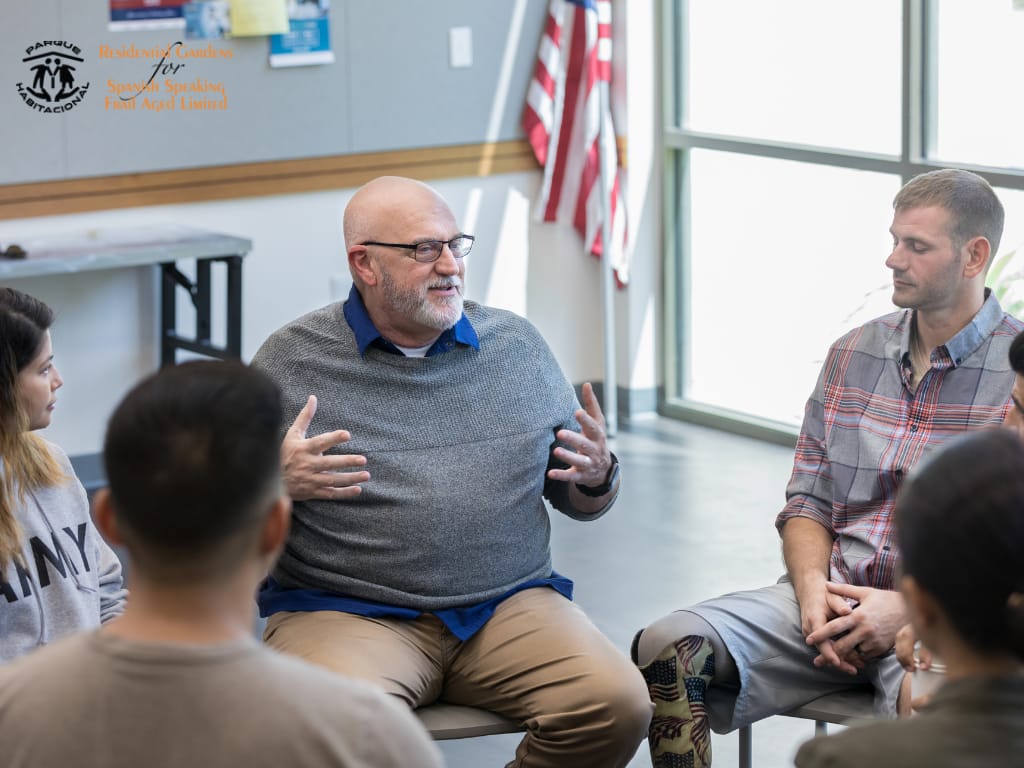The significance of mental health care for the elderly cannot be overstated. In age care settings, the holistic approach to well-being is paramount, and this includes a strong focus on the psychological as well as the physical. As individuals age, they may encounter various mental health challenges, from the onset of dementia-related illnesses to the emotional impact of significant life changes like the loss of a spouse or the transition to living in a care facility.
Recognizing Mental Health Needs in Age Care
What are the signs of declining mental health in the elderly?
Signs of deteriorating mental health in elderly individuals are often manifested through changes in behavior, mood, and cognition. Withdrawal from social activities, alterations in sleep patterns, and a decrease in appetite are commonly observed. It is imperative that these signs are not dismissed as mere byproducts of aging but are recognized as potential indicators of underlying mental health issues.
How are mental health assessments conducted in age care facilities?
Within age care settings, comprehensive mental health assessments are typically conducted by qualified professionals. Residents are evaluated using established protocols to ensure that any mental health concerns are identified promptly. These assessments are carried out with respect and sensitivity, and the results are used to tailor individual care plans.
Mental Health Services in Age Care
What types of mental health services are available for age care residents?
A spectrum of mental health services is made available to residents, ranging from High Care needs, which involve intensive, round-the-clock support, to Low Care requirements, which cater to those with greater independence. Furthermore, Respite Care is provided, offering short-term relief for caregivers, ensuring that both the residents’ and caregivers’ mental health is preserved.
How do age care facilities integrate mental health care into daily routines?
Integration of mental health care into the daily routines of age care residents is undertaken with a view to promoting consistent and stable mental health. Activities are designed to be inclusive, engaging residents at all levels of care, and ensuring that even those in need of High Care receive appropriate mental stimulation and interaction.
Activities and Therapies Used in Age Care
What therapeutic activities support mental well-being in age care?
Activities that foster mental well-being are embraced within age care facilities. These might include art therapy, music sessions, and pet therapy. Such activities are known to stimulate cognitive function and provide comfort, enhancing the quality of life for seniors receiving care.
How do individual and group therapies differ in their approach?
The approach to therapy in age care is twofold: individual therapies are personalized, focusing on the unique emotional needs of the resident, whereas group therapies provide the added benefit of social interaction and the development of community among residents. Both forms of therapy are essential in supporting the diverse needs of those within Senior Care environments.
The Role of Social Interaction
How does social engagement impact mental health in age care?
In age care environments, the impact of social engagement on mental health has been extensively documented. It has been observed that social interactions can lead to significant improvements in mood, cognitive function, and overall life satisfaction. Conversely, social isolation is often linked to increased rates of depression and cognitive decline among the elderly.
What programs exist to encourage social interaction among residents?
Programs designed to encourage social interaction often include group exercises, communal dining experiences, and social events celebrating cultural milestones. These programs are carefully curated to cater to a wide range of interests and mobility levels, ensuring that all residents have the opportunity to engage with their peers.
Family Involvement and Mental Health
How can families participate in the mental health care of residents?
Family involvement is recognized as a critical component of mental health care in age care settings. Regular visits, participation in facility activities, and involvement in care planning are encouraged. By staying engaged, families can contribute significantly to the mental and emotional well-being of their loved ones.
What strategies can families use to support emotional well-being?
Strategies that families might employ include creating a familiar environment by bringing personal items from home, engaging in shared activities during visits, and maintaining open communication with care providers to stay informed about their loved one’s mental health status.
Challenges and Barriers to Adequate Mental Health Care
What are the common challenges age care facilities face in providing mental health support?
Challenges faced by age care facilities often include limited resources, varying levels of staff training in mental health, and sometimes, the stigma associated with mental health issues. These challenges can hinder the delivery of comprehensive mental health care to residents.
How can these challenges be overcome to ensure residents receive proper care?
Overcoming these challenges is often achieved through the allocation of dedicated resources for mental health care, ongoing staff training programs, and fostering a culture that recognizes and destigmatizes mental health issues within the community.
Best Practices in Mental Health Care for Age Care
Best practices in mental health care within age care settings emphasize the individualization of care, the importance of a multidisciplinary approach, and the adoption of evidence-based interventions. Age care facilities that adhere to these practices are seen to provide superior support to their residents, acknowledging the profound impact of mental health on overall well-being.
Continual evaluation and improvement of mental health services are carried out, ensuring that the highest standards of care are maintained. By doing so, age care facilities demonstrate their commitment to the holistic health of their residents, fostering an environment where mental well-being is held in equal regard to physical health.
Mental Health and Rehabilitation Services
Addressing PTSD and Other Mental Health Issues in Veteran Age Care
The unique mental health challenges faced by veterans, such as Post-Traumatic Stress Disorder (PTSD), are addressed with specialized care in age care facilities. Tailored programs that cater to the specific traumas and experiences of veterans are developed, acknowledging that the scars of past conflicts may persist into later life.
Rehabilitation Services Offered to Veterans in Age Care Facilities
Rehabilitation services for veterans in age care are comprehensive and multidimensional. They encompass a variety of therapeutic modalities, from physical rehabilitation to counseling and psychotherapy. These services are not only aimed at improving mobility and physical health but also at providing mental and emotional support to aid in the healing of war-related psychological wounds.
Conclusion
This includes ongoing research, policy development, and the establishment of best practices that ensure mental health care is accessible, effective, and compassionate. The future of age care looks to a model where the psychological needs of the elderly are met with the same diligence and care as their physical health needs, ensuring a comprehensive, person-centered approach to aging.







